
A new study published by Bournemouth University has shown that using the Nintendo Wii™ could help people with Multiple Sclerosis (MS) become more active. Being more physically activity has a range of potential benefits, including better balance and posture, improved confidence and improved mood.
The study saw 30 participants trial the use of Wii Fit Plus™, Wii Sports™ and Wii Sports Resort™ games at home, following initial orientation and guidance from physiotherapists in a hospital setting. People recorded how often they used the Wii™, as well as responding to a number of questionnaires exploring its effects. Dr Sarah Thomas, lead researcher, explains the rationale behind the project:
“Physical activity is known to make a difference to the health and wellbeing of people with MS, but they often face greater barriers to participation. I’d noticed from my own family that playing the Wii appealed across the generations and was interested to see whether its ease of use and accessibility would make a difference to people with MS,” says Dr Thomas.
“Conversations with the Dorset MS team showed that they’d been thinking along the same lines, as they’d noticed that the Wii was increasingly being used by their patients. That’s what led us to develop a successful grant application to the MS Society.”
As part of the Mii-vitaliSe study, people with MS were allocated at random to one of two groups – one which trialled the Wii intervention immediately alongside their usual care for 12 months, and one which started the Wii intervention after a 6 month delay.
“The people we worked with were relatively physically inactive at the beginning of the study,” explains Dr Thomas, “Through regular 1-2-1 sessions with a physiotherapist, they were able to develop individual goals, which they then worked towards achieving using the Wii™ in their own homes.”
“We found that people were using the Wii™ on average about twice a week, most often for balance exercises, yoga or aerobics,” continues Dr Thomas, “Our participants found it a fun and convenient way to increase their physical activity levels, with people reporting benefits such as reduced stress, increased confidence and better balance, among others.”
“In day-to-day life, people noticed improvements such as dropping fewer pegs when hanging out washing, finding it easier to get in and out of the shower and walking further.”
We hope to build on these promising initial findings by carrying out a large multi-centre trial to test whether this intervention is effective.”
The full study can be read here.
A briefing paper about the research can be found here.
 The British Academy will receive new funding to enable up to 60 world-leading researchers in the humanities and social sciences to work with UK colleagues.
The British Academy will receive new funding to enable up to 60 world-leading researchers in the humanities and social sciences to work with UK colleagues.
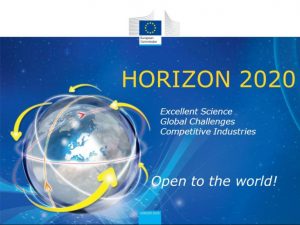

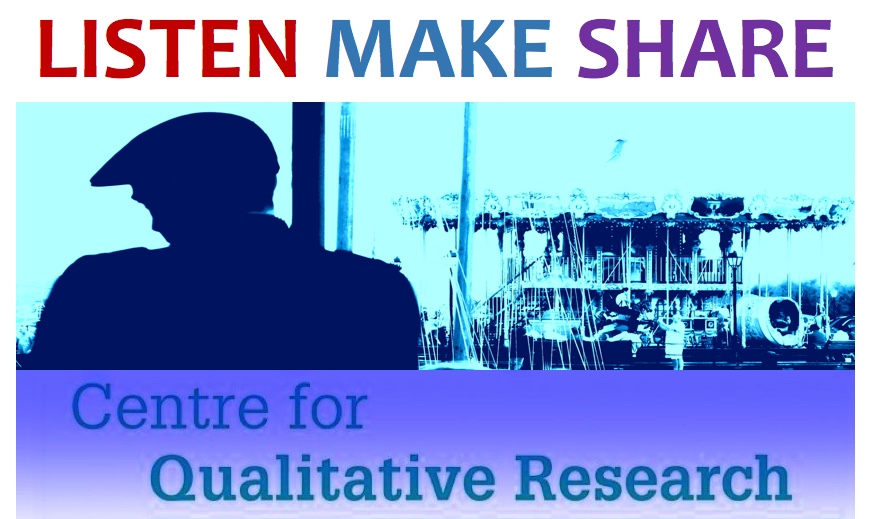




 Microscopic investigations of water samples from the half-barrel pond in Christchurch House courtyard have revealed a menagerie of single-celled life. These tiny organisms (smaller than one tenth of a millimetre) are incredibly important as they form the basis of food webs. They also play a major role in maintaining water quality as they feed on bacteria, and stalked species such as Vorticella (image) are responsible for their removal in waste-water treatment plants. The half-barrel “pond” may be almost as small as its inhabitants but it promises to become a treasure of local ‘hidden’ biodiversity!
Microscopic investigations of water samples from the half-barrel pond in Christchurch House courtyard have revealed a menagerie of single-celled life. These tiny organisms (smaller than one tenth of a millimetre) are incredibly important as they form the basis of food webs. They also play a major role in maintaining water quality as they feed on bacteria, and stalked species such as Vorticella (image) are responsible for their removal in waste-water treatment plants. The half-barrel “pond” may be almost as small as its inhabitants but it promises to become a treasure of local ‘hidden’ biodiversity!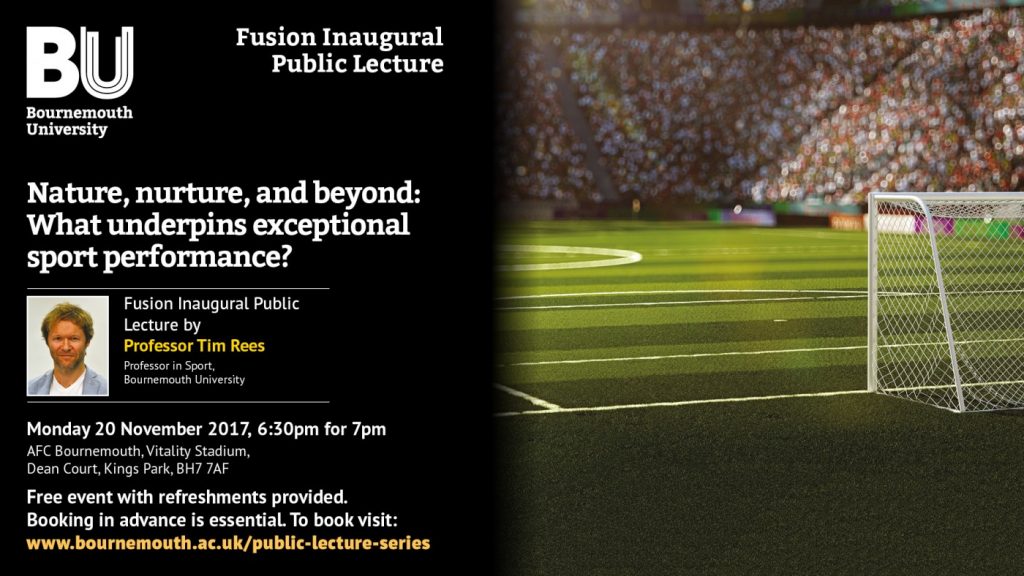
 NERC is looking to appoint up to twelve new council members with relevance expertise and experience. Applications are encouraged from suitably qualified people with a broad range of expertise and experience in research and innovation across higher education, industry and commerce, policy and/or civil society, reflecting different characteristics and professional backgrounds.
NERC is looking to appoint up to twelve new council members with relevance expertise and experience. Applications are encouraged from suitably qualified people with a broad range of expertise and experience in research and innovation across higher education, industry and commerce, policy and/or civil society, reflecting different characteristics and professional backgrounds.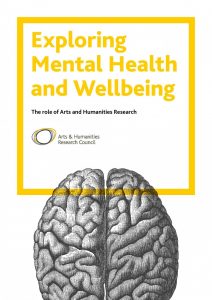 A new report,
A new report, 
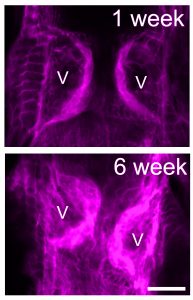 Research funded by the British Heart Foundation looking at tissue fibrosis (scarring), will soon be published in Experimental Gerontology, one the world’s leading journal on ageing. Fibrosis occurs naturally as part of our injury response process but also develops in ageing and chronic disease. Treatments are scant despite fibrosis leading to organ failure and increased risk of death.
Research funded by the British Heart Foundation looking at tissue fibrosis (scarring), will soon be published in Experimental Gerontology, one the world’s leading journal on ageing. Fibrosis occurs naturally as part of our injury response process but also develops in ageing and chronic disease. Treatments are scant despite fibrosis leading to organ failure and increased risk of death.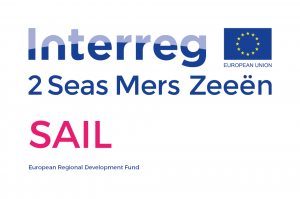
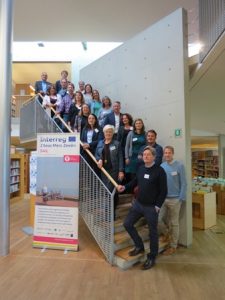
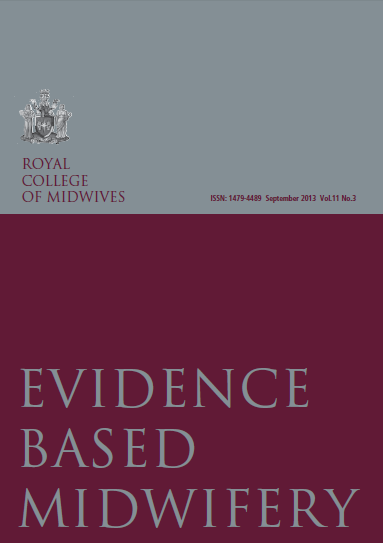

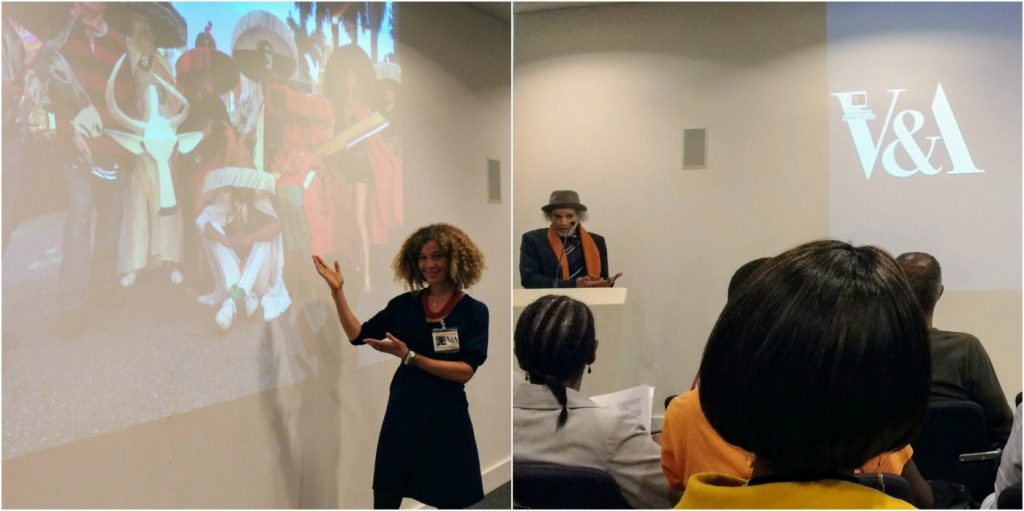












 Read and sign up to BU’s Policy Influence Digest
Read and sign up to BU’s Policy Influence Digest Upcoming opportunities for PGRs – collaborate externally
Upcoming opportunities for PGRs – collaborate externally BU involved in new MRF dissemination grant
BU involved in new MRF dissemination grant New COVID-19 publication
New COVID-19 publication MSCA Postdoctoral Fellowships 2024
MSCA Postdoctoral Fellowships 2024 Horizon Europe News – December 2023
Horizon Europe News – December 2023